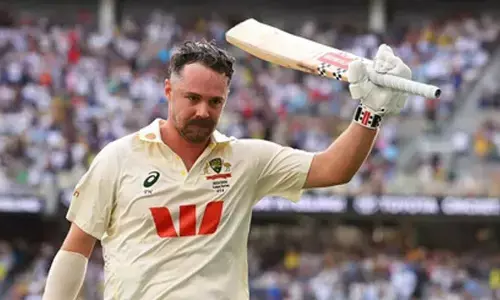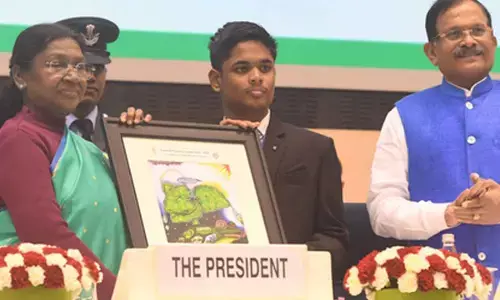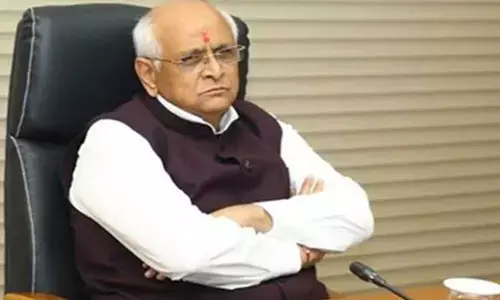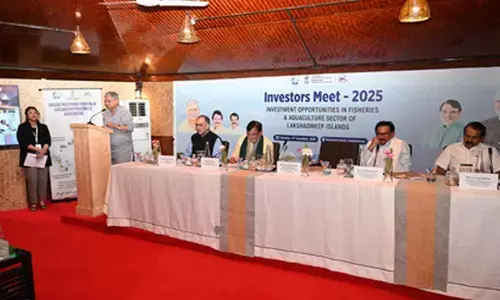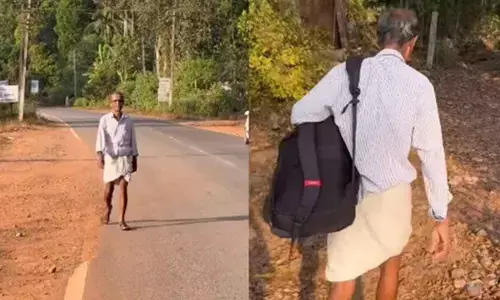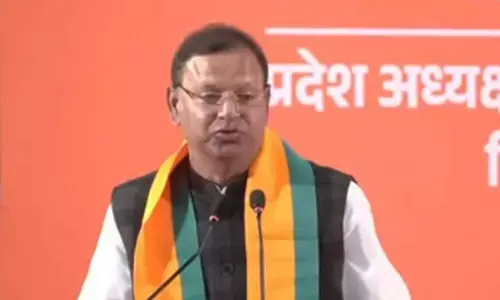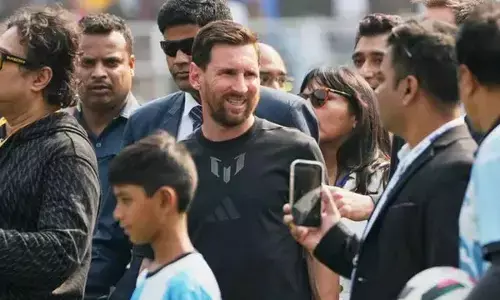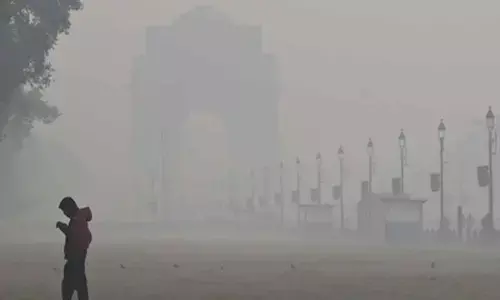India completes a decade of being polio-free: A look at the journey
Share :
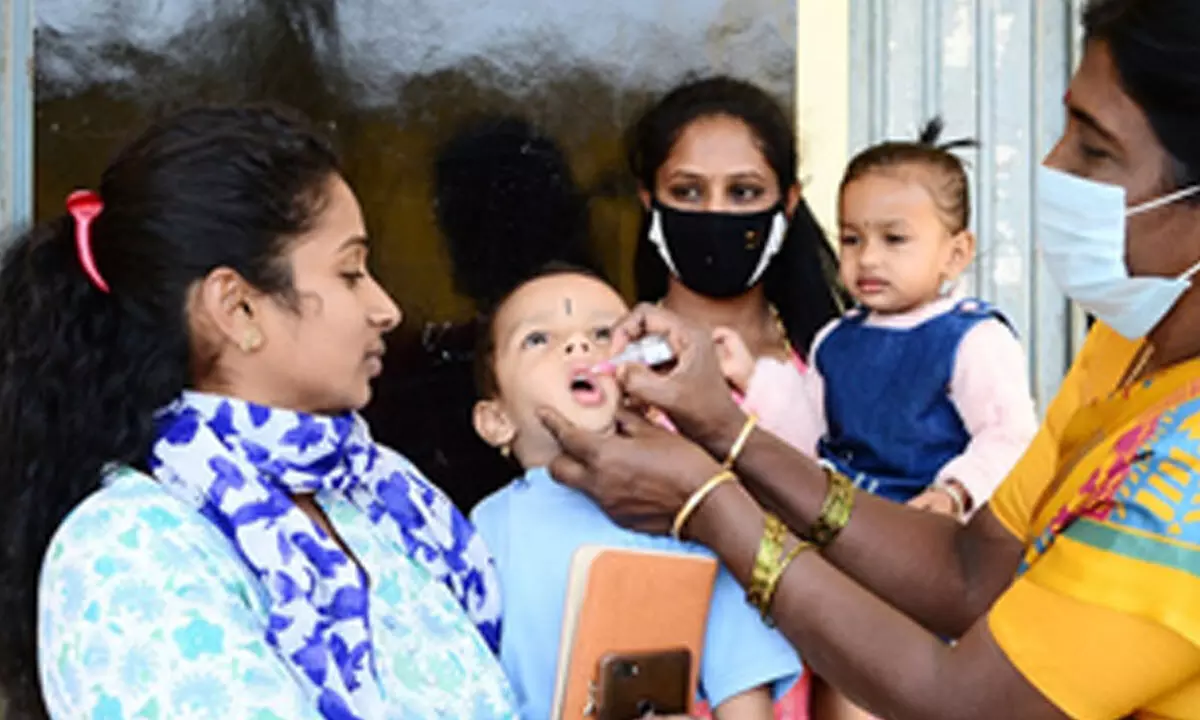
India on Wednesday completed a decade of being polio-free, marking a significant milestone in healthcare in the country, while also helping the fight against other diseases.
New Delhi: India on Wednesday completed a decade of being polio-free, marking a significant milestone in healthcare in the country, while also helping the fight against other diseases.
India reported the last case of the wild poliovirus from West Bengal’s Howrah district in January 2011. After three years of maintaining the polio-free status, the World Health Organisation (WHO) on March 27, 2014, officially certified India as polio-free.
“Today we are marking an extremely important 10-year milestone,” Deepak Kapur, Chairman, Rotary International’s India PolioPlus Committee (INPPC), told IANS.
“The main weapons in this fight comprised a two-pronged approach. First, extensive vaccination campaigns ensured that almost every child under five received the polio vaccine. Second, a world-class surveillance system under the National Polio Surveillance Project (NPSP) kept an ever-vigilant eye on any potential polio cases,” he added.
Poliomyelitis (polio) is a highly infectious viral disease that largely affects children under five years of age. The highly transmissible virus invades the nervous system to cause paralysis.
“In 2014, the entire country was declared polio-free, a significant milestone considering the scepticism when the eradication programme started in India,” said Dr. Ashish Chauhan, Immunisation specialist, UNICEF India, at a recent virtual discussion.
The expert noted that the strategy of National Immunisation Days (NIDs) and Sub-National Immunisation Days (SNIDs) played a crucial role in this achievement.
NID is commonly known as the Pulse Polio Immunisation programme.
“We managed to vaccinate as many as 1.7 crore children in a single activity spanning two to three days for NID. Around 25 lakh enthusiastic vaccinators and supervisors worked tirelessly across approximately 7 lakh booths countrywide where polio drops were organised. Additionally, every household was virtually covered in the field activity that followed the NID.
“In 1995, the NHS survey indicated that the coverage of polio drops was only around 43 per cent, with a huge disparity between urban and rural areas. The introduction of NID and SNID strategies significantly improved this situation,” he said.
From booth activities, the programme expanded to house-to-house visits. Further, mobile teams were introduced at major transit points like stations and bus stands. Myths surrounding the vaccine also stalled its uptake, but this was overcome with engagements from community, national and local celebrities, as well as religious and local leaders.
“These efforts have helped India achieve and maintain its polio-free status so far,” Dr. Ashish said.
He noted that the lessons learned from “increased surveillance and micro-planning strategies” have also helped in the “progress in routine immunisation, where we provide vaccination against 12 diseases to children across the country and also to pregnant women.”
Further, it was also helpful when planning for Covid-19 vaccination, and will continue to aid future public health interventions, the expert said.
“Intensive vaccination efforts must be sustained to ensure strong immunity so that India's children can be protected against polio,” Deepak Kapur told IANS.
Moreover, till countries like Pakistan and Afghanistan remain polio-endemic, the fight against the disease “isn’t over”, he said.
“As we celebrate the 10th anniversary of India's polio-free certification, this remarkable journey serves as a beacon of hope in the ongoing global fight to eradicate polio,” he said.







